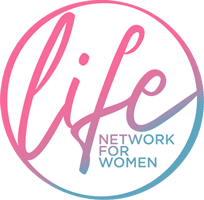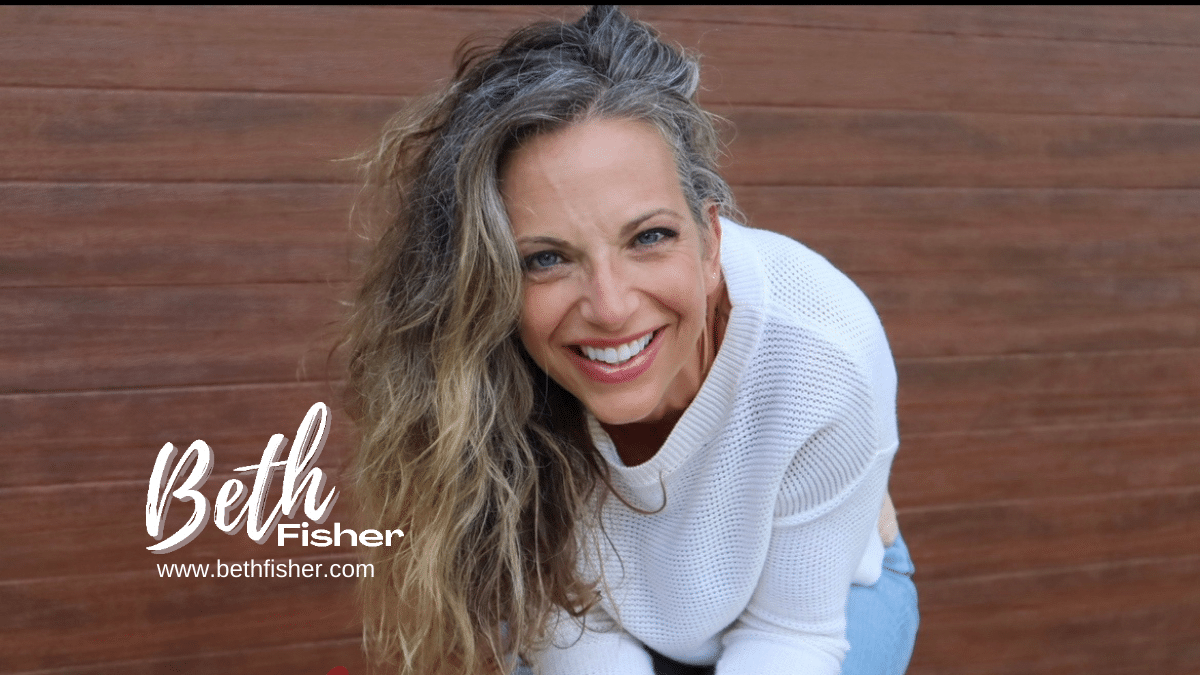I teach first thing on Tuesday mornings at a local ministry, alternating between the male and female program residents. Last Tuesday morning I was with the women.
The group varies as individuals move in and out of the programs, some graduating, some dropping out. We learn more and more about each other every time we spend another 45 minutes together. While the topics change, they are always themed and provided to the devotional teachers by the head of the program, a former drug dealer, now Reverend. This is done, as you can imagine, to keep everyone on track and away from the temptation of going off the rails and talking about potential never-ending laments. The residents have devotions daily with different teachers, so by teaching from themed topics, we are all, in theory, teaching the same general narrative.
Needless to say, I love it.
I love the people, the brokenness, the realness – the way trust needs to be established before any kind of relationship(s) can be formed. The courting stage is always my favorite, as I both actively participate and simultaneously watch almost vicariously, as if outside myself, while judgments are made. Residents are sizing up the teachers wondering why, “someone like them cares about someone like us” (real quote) and teachers are sizing up the residents wondering what they did or went through to land themselves there.
Those judgments are never accurate. Never.
What Hope Means as Christians
We discussed that exact enigma this morning: How the way we view not only others, but ourselves, has higher stakes than we realize when it comes to our “Christianity.”
This morning’s topic was HOPE.
Now, I have to tell you, I never prepare what I’m going to say or even what verse(s) I’m going to reference before I walk into the building. While it is slightly scary at first, feeling unprepared, every time I leave there I feel like the words just flew out of my mouth – and made sense. Every time. (If only I could give a sermon that way! Maybe someday.) Clearly, it is not me leading those discussions.
After introducing myself to a few new residents, I asked the women how they were doing, what they discussed the day before, if they had any outstanding questions or concerns, etc…And then I just kind of sat there. I suppose I was hopeful that something about hope would come to me.
“Do you guys know what the ‘Hall of Fame’ Chapter in the New Testament about hope is?” I asked.
“Nope,” they collective stated.
“It’s Hebrews,” I answered. “Ok, trivia time! Who wrote the Book of Hebrews?”
“Paul!” shouted one woman I had just met, who came to the ministry late last week.
“Ah…could be,” I smiled and told her. “Lots of people think Paul did write Hebrews, but no one knows for sure who wrote it.”
I love interjecting tidbits of knowledge like this into our discussions. Until someone took the time to tell me, I had no idea either. Watching other people’s faces light up when things that were once confusing are now clearer and no longer a barrier to them brings me great joy.
“Hebrews Chapter 11. That is the ‘Hall of Fame’ Chapter on faith,” I said.
They all opened to verse 1 waiting for me to read it.
Only I didn’t.
Instead, I shared with them that any time I have studied or thought about or questioned the topic of hope…it was always commingled with faith…which is always commingled with love.
(And for those of us who have been either a bride or a guest at more than one wedding, you know that the greatest of these is Love (1 Cor. 13:13))
Love and Relationships
That was my unprepared message last Tuesday. That if we are to have hope and faith, we have GOT to love. Not only others, but ourselves. We have got to love ourselves enough to know that we are loved unconditionally… no matter what.
No matter why they are there, no matter why I am teaching, no matter what they look like, what I look like, what they have done in their pasts, what I have done in my past, what missteps any of us might make 10 minutes from now – literally, God loves us no matter what.
Of course, when I said this with umph! there was a mixed bag of head nods in agreement and stoic, frozen body language silently exclaiming their complete disagreement.
So, I went on. Now it was getting good, these words forming inside my brain from nowhere and everywhere all in one fell swoop.
“I know it’s hard to believe. Trust me, I know. I used to be the girl who would try to get straight A’s or score a zillion points on the basketball court or otherwise impress my Dad so he would say the words, ‘I love you’ to me. But he didn’t know how. And I didn’t realize until many years later that that experience informed my view of God and how I thought God loved me.”
I had to fight through the muscle memory of trying to win approval and love, and instead, have the faith and hope to believe I deserved it.
They all looked at me as if additional barriers to former thinking had been removed.
“Us thinking that we have the power and control to make God love us more is ridiculous. We can’t make God do anything. We are not God! We are us – human beings, all the same, who are broken and scarred and are living with the misinformed belief that we don’t deserve unconditional love, because other people (broken and scarred) have not loved us well.”
Other people not loving us well should not inform our view of God. And yet, it often does. We can’t help it. Sometimes we don’t even realize it’s happening.
God is not some old, white dude sitting “up there” in Heaven, pointing his finger at us in constant disapproval. The image you have of God is probably vastly different than the image that I have. And by the way, my image used to be exactly what I just mentioned. I was Catholic for 30 years, so His throne was directly above purgatory which, for a black and white no-gray-areas-allowed thinker was, ironically, my definition of hell…Wait, what? I get stuck? For how long? Can I work my way out of it and move up if I’m good enough? You guys have no idea how hellish that was for me for many years. Seriously.
While the way we love and view human beings has high, interdependent stakes when it comes to our hope and faith, the way we view and love God has the highest stakes.
How we envision God and thus, receive (or don’t) His love, is what informs and shapes our ongoing relationship with Him.
How to Show up in Relationships
I ended our time last week by telling the women I can’t wait to see my daughter this weekend to celebrate her acceptance into graduate school. They know how much she means to me, as I pretty much reference her on a daily basis, and certainly when I teach about God’s love.
Mothers and Daughters
“You know, the day Liv was born, the moment she was born, I loved her,” I began.
“But I loved her only as much as I knew her, as I had prepared for her, as my heart was ready to be a Mom. And at 23 – whew! It was crazy. But I know I had a definite love for that crying, wrinkly, never-sleeping, ball of a baby girl.”
They laughed, mostly out of commiseration.
“Today…twenty-four years later, I love her so much I can’t even explain it. It is a deep, unending, fierce love that far surpasses the first kind of love I had for her when she was born. I had to get to know her. Even though she was my daughter and I her Mom, we hadn’t yet spent a lot of time together. We hadn’t lived life together yet.”
This resonated, as they knew where I was going with this.
“Relationships based on surface-level knowledge stuff do not last. I read What To Expect When You’re Expecting a thousand times in 9 months, and it did not inform me at all in the same way actually being with Liv informed me. I learned by being with her, not by reading about what it was ‘supposed’ to be like.”
Sound familiar? Being with God, spending time with Him, is what makes the relationship last. Sure, I love reading Scripture and yes, it informs me, but being with God in relationship? Nothing beats it.
Relationships = ALL IN.
You’ve got to be all in. Maybe not on day 1 – not the day your kid was born or you were re-born – but all in with regard to being committed to the (ongoing) relationship. Being committed to learning about and growing with the person, or, in this case, with God.
Could you imagine if someone asked you what your partner’s favorite food is and you were like, “Mmm…lemme think about it.” Or, if they asked you what color your partner’s eyes are and you said, “Blue. Wait. Maybe brown. I’m not really sure. Let me see if I can read about it somewhere.”
Aside from never winning The Newlywed Game, you will also never be in a place of deep, unending, fierce love.
To love someone, is to know someone. And to know someone is to be with someone.
THAT is Christianity.
He made us…to be with us…because He loves us. I don’t just hope that is true; I have enough faith [after all these years] to know it is true.
I often teach about this topic on my show, Remorselessly Biblical. “Remorseless” means: “without guilt, in spite of wrongdoing.” Show up and learn how to be who you were created to be by being remorseless. I can help. Reach out to me at bethfisher.com if you’d like to explore developmental coaching opportunities. There’s nothing that brings me greater joy than sharing how much God loves the REAL you!
- Thinking About God “Simply”: Beth Fisher on C.S. Lewis - August 9, 2021
- Showing Up: Beth Fisher on Hope and Relationships - July 5, 2021
- Living Authentically: Beth Fisher on Forgiveness and Decision-Making - June 15, 2021









Recent Comments